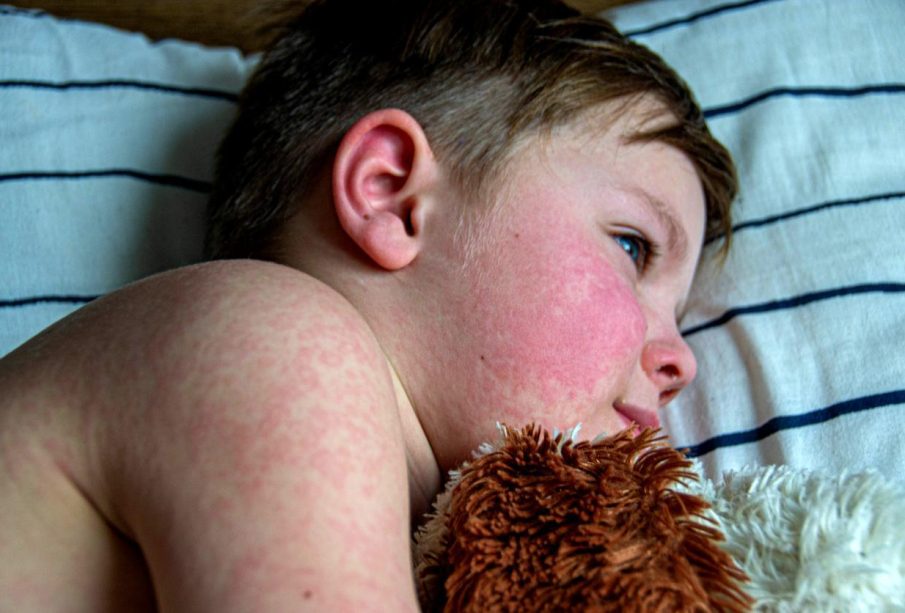Understanding the Measles Outbreaks in Canada

Introduction
As the world continues to grapple with various health challenges, outbreaks of diseases like measles serve as stark reminders of the importance of vaccination and public health awareness. Measles, a highly contagious virus, has seen a worrying resurgence in several regions, including Canada. Understanding the dynamics of this outbreak and its implications could be crucial for public health policy and community safety.
Current Situation in Canada
Recent data from Health Canada has indicated a rise in measles cases across several provinces. In 2023, there have been reported outbreaks in Ontario and Quebec, contributing to a national total of approximately 120 confirmed cases as of October. This increase is alarming in a country that had largely eliminated measles through a robust vaccination program.
The outbreaks have been attributed to several factors, including vaccine hesitancy, misinformation regarding vaccine safety, and international travel. Many affected individuals were unvaccinated, emphasizing the critical role that vaccination plays in prevention. Public health officials are urging communities to ensure vaccination coverage to curb the spread of the virus.
Impact of Measles Outbreaks
Measles poses significant health risks, particularly to young children, pregnant women, and individuals with compromised immune systems. Complications from the disease can include pneumonia, encephalitis, and even death. The current outbreaks have caused concern not only for those infected but also for healthcare systems that may become overwhelmed with cases requiring hospitalization.
The rise in measles cases also reflects broader issues related to vaccination rates across Canada. According to a report from the Public Health Agency of Canada, more than 90% vaccination coverage is necessary to achieve herd immunity against measles. However, recent statistics show that some communities have fallen below this threshold, creating pockets of vulnerability.
Conclusion
The ongoing measles outbreaks in Canada underscore the critical importance of maintaining high vaccination coverage to protect public health. As health authorities work to mitigate the spread of the virus, it is essential for individuals to remain informed about vaccine benefits and to advocate for community immunization efforts. In the face of rising misinformation, community education and health literacy will be key in ensuring that Canada does not witness further outbreaks of this preventable disease. With proactive measures, public health officials remain optimistic that the situation can be contained and that measles can be kept at bay.








